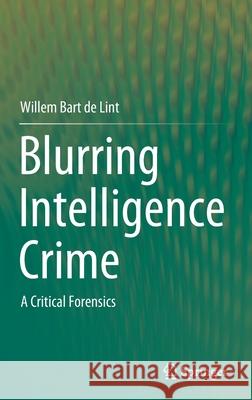Blurring Intelligence Crime: A Critical Forensics » książka
topmenu
Blurring Intelligence Crime: A Critical Forensics
ISBN-13: 9789811603518 / Angielski / Twarda / 2021 / 227 str.
Blurring Intelligence Crime: A Critical Forensics
ISBN-13: 9789811603518 / Angielski / Twarda / 2021 / 227 str.
cena 427,02 zł
(netto: 406,69 VAT: 5%)
Najniższa cena z 30 dni: 424,07 zł
(netto: 406,69 VAT: 5%)
Najniższa cena z 30 dni: 424,07 zł
Termin realizacji zamówienia:
ok. 20 dni roboczych.
ok. 20 dni roboczych.
Darmowa dostawa!
Kategorie:
Kategorie BISAC:
Wydawca:
Springer
Język:
Angielski
ISBN-13:
9789811603518
Rok wydania:
2021
Wydanie:
2021
Ilość stron:
227
Waga:
0.51 kg
Wymiary:
23.39 x 15.6 x 1.42
Oprawa:
Twarda
Wolumenów:
01
Dodatkowe informacje:
Wydanie ilustrowane











